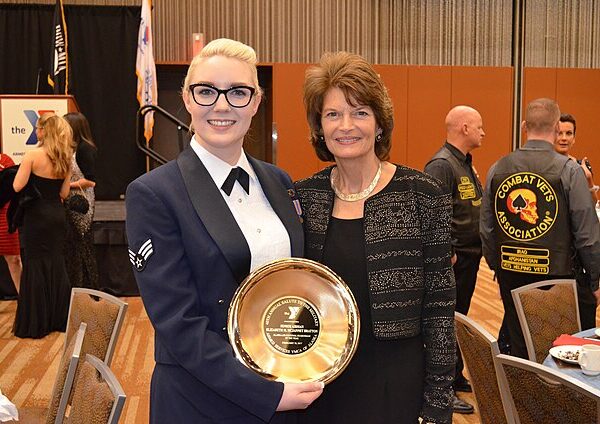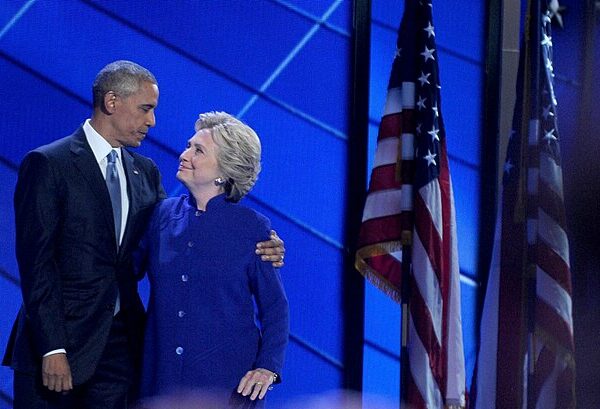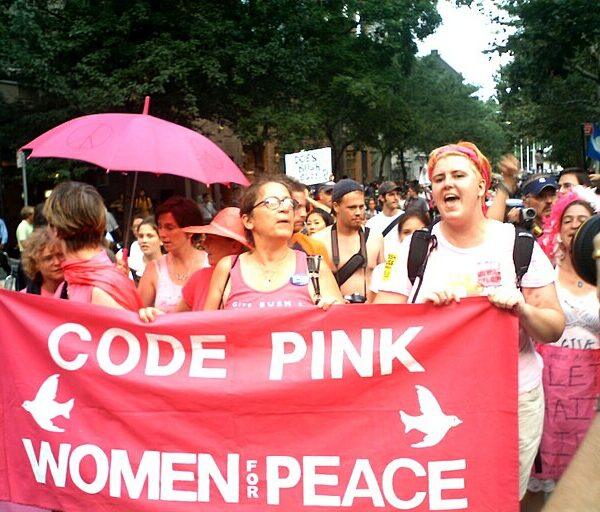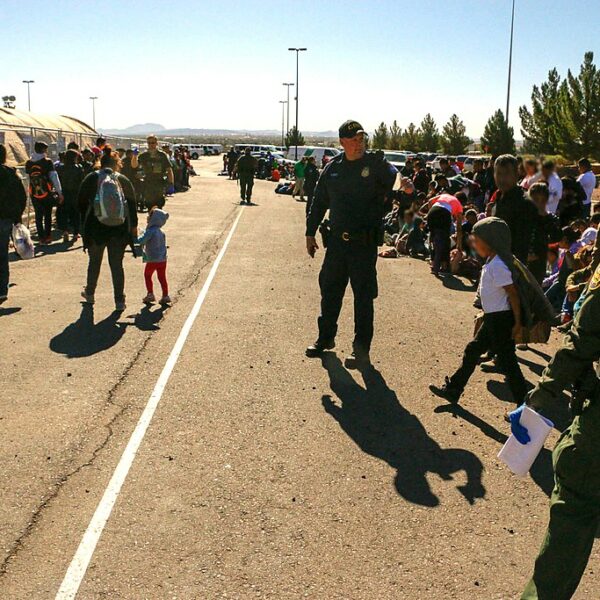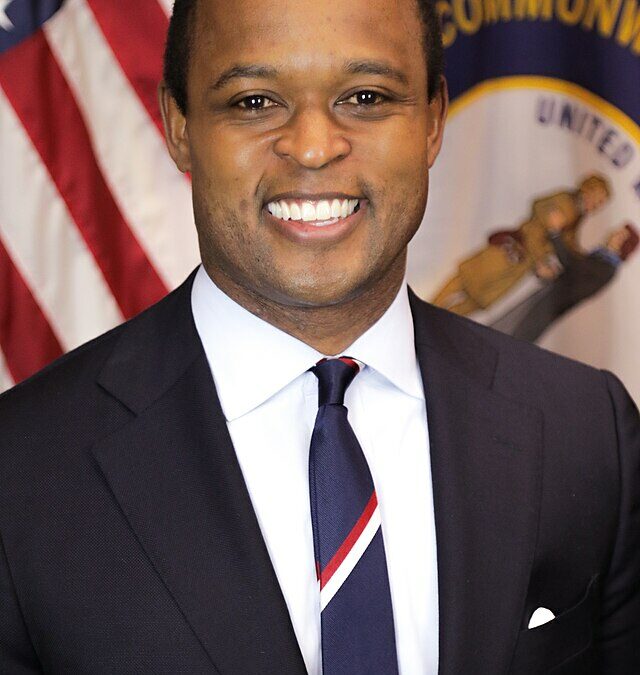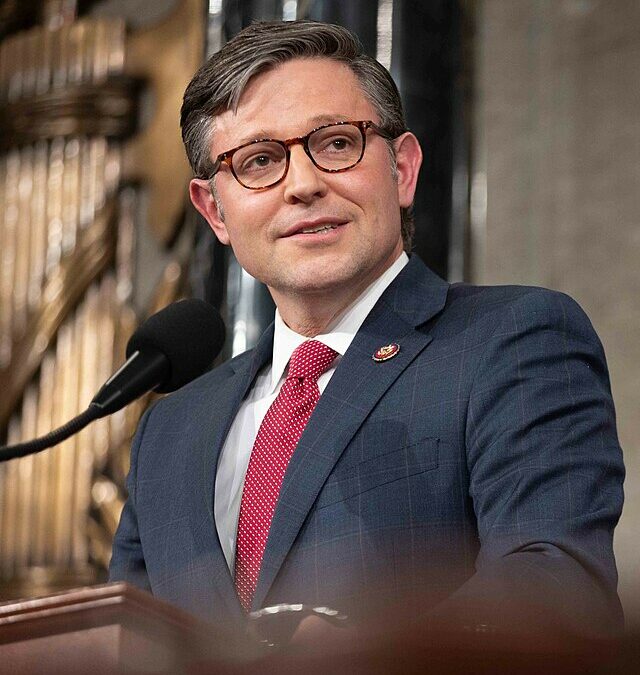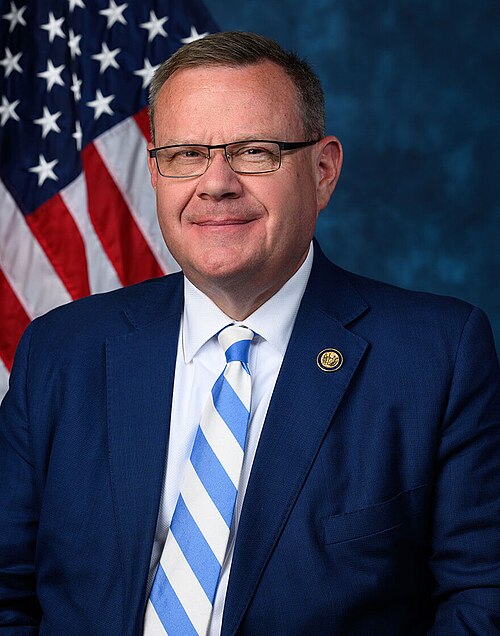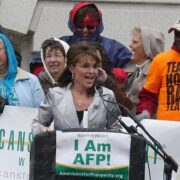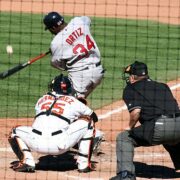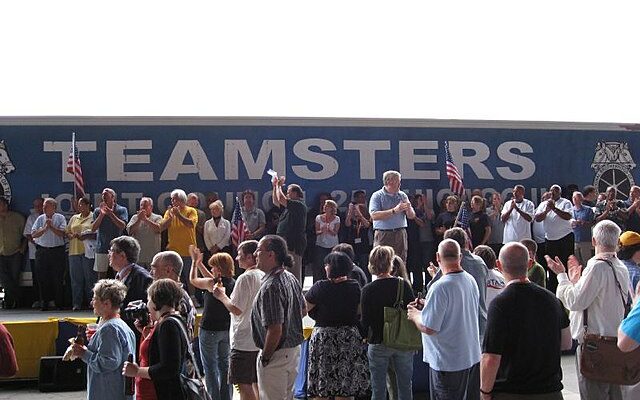
Sean O’Brien, the outspoken leader of the Teamsters union, met with Vice President Kamala Harris this week, marking a significant moment as the influential union decides its course of action in the upcoming election. Speaking from the lobby of the union’s headquarters, with the Capitol building in view, O’Brien provided insights into the discussion with the Vice President.
“We talked about Teamster issues,” O’Brien said, responding to a question from The Washington Examiner. He emphasized the importance of the union’s 1.3 million members in the political process, underscoring their diverse needs and the unique position of the Teamsters within the broader labor movement. “There’s no secret that the Teamsters union is very different than most unions, and I mean that with total respect,” he added.
O’Brien’s meeting with Harris comes at a pivotal time, especially after Democrats snubbed him at last month’s Democratic National Convention in Chicago. In July, O’Brien addressed the Republican National Convention to a welcoming audience.
The refusal to back Harris has set the Teamsters apart from other major nonpolice unions, most of which have already thrown their support behind the Democratic ticket. However, O’Brien is holding out on an endorsement, stressing that the union’s support will hinge on the actions of politicians rather than their party affiliation.
“We don’t just represent registered Democrats. We represent registered Republicans and independents, and we have to take that into consideration,” O’Brien stated. He noted that Harris acknowledged the political diversity within the union’s membership.
The Teamsters are currently polling their members about a potential endorsement, with the results expected to be released later this week. O’Brien made it clear that while the poll results will be significant, they will not be the sole factor in the union’s decision. “The polling is not just going to dictate which direction we go,” he said, though he did emphasize that the results would play a “significant part” in the decision-making process.
As the union primarily consists of truckers and UPS drivers—a demographic that skews male and noncollege—there is speculation that the Teamsters might lean more favorably toward former President Donald Trump compared to other unions.
In February, the Teamsters shocked Democrats by giving a maximum donation to the Republican Party.
“The union sent out the contribution — the maximum allowed from the union’s political action committee — to the RNC the same day former president Donald Trump met with Teamsters’ leadership for the second time in January,” wrote The Washington Post.
“The Teamsters also sent $135,000 to the Democratic National Committee last December plus a $15,000 donation in March.
An RNC official, speaking on the condition of anonymity to discuss the matter candidly, said that the RNC has not received a check nor heard from the Teamsters about a check coming.
The gift to the RNC, which is facing fundraising woes, magnifies tensions for unions that have benefited from Biden policies making it easier for workers to unionize and subsidizing projects to create union jobs, even as Trump remains popular among a lot of rank-and-file union members, especially in battleground states such as Michigan and Pennsylvania.”
The meeting with Harris was a culmination of weeks of effort by O’Brien to secure a discussion with the Vice President. The meeting, which was closed to the press, took place at 1 p.m. on Monday, and it was the only event on Harris’s public schedule for the day. Reporters were not allowed to accompany Harris’s motorcade, a break from typical protocol.
While Harris and Biden have portrayed themselves as friends to unions, their record has been mixed. Led by radical UAW boss Shawn Fain, and supported by Biden, many union autoworkers struck against Ford, General Motors, and Stallantis last fall, demanding higher wages, especially in the face of obsessive EV mandates coming out of the White House.
As predicted by Trump, the “gains” praised by Biden and Fain have come with a cost, writes NPR. “Stellantis workers say they face a highly uncertain future, with little faith that their new record contracts, achieved after a painful six-week strike, will keep their jobs intact.
‘This is the lowest that morale’s been in the 11 years that I’ve been here,’ says Jim Cooper, a team leader at Stellantis’ Toledo Assembly Complex where the Jeep Wrangler and Jeep Gladiator are built.
The strike and contract wins last year were supposed to be a turning point for auto workers. After decades of concessions, auto workers were finally getting what the UAW said was long overdue: Raises of 25% or more over the life of the contract, the return of cost-of-living adjustments, and new job protections, including the right to strike over plant closures and in some cases, broken investment promises.
But scheduled overtime, common in the auto industry, has fallen dramatically, cutting into workers’ paychecks. Last year, Cooper says he was routinely working 60 hours a week to meet production demands. That has since evaporated.
‘My checks are smaller than they were before the strike,'” Cooper told the news outlet.
At the beginning of the strike, Trump warned UAW members that their jobs would move overseas and accused the United Auto Workers’ leadership of failing its members.
“The autoworkers will not have any jobs, Kristen, because all of these cars are going to be made in China. The electric cars, automatically, are going to be made in China,” Trump told NBC News’ Kristen Welker.
Trump specifically criticized UAW President Shawn Fain. “I think he’s not doing a good job in representing his union,” he said.
[Read More: Media Blames One Person For Assassination Attempt]

